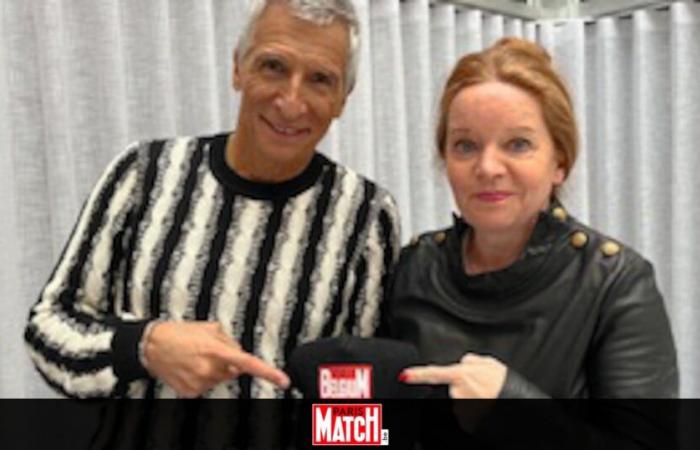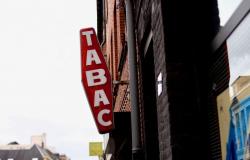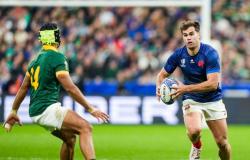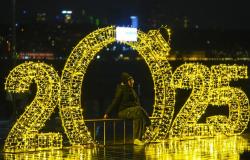Gaëlle: “By chance. Originally, I studied literature, and photography was not at all my passion. My parents were teachers, therefore very far from the artistic world, and the idea of me becoming a photographer seemed to them impossible. They were afraid for my future, because it was not an established profession, there was no job security. They feared the precariousness specific to artists, who often depend on the judgment of others.
Which photo touched you the most?
Gaëlle: “The one from my first concert, when I found myself in front of the Red Hot Chili Peppers. Lacking financial means, I only had a disposable camera. I waited for all the lights to go out, because the others photographers had professional equipment with big zoom lenses It was clearly not the time to take mine out. At the end, a lady approached me and told me that I was waiting backstage to take photos. photos of the shed of a gold record. I entered the dressing room and I saw the artists in their bathrobes. They posed, and I, with my disposable camera, took a photo. They looked and. asked: “Is it a new camera?” I replied in English: “Yes, it’s new technology.” Anyway, the photo was horrible, but it was published that way. begin.”
With Belgian artists like Angèle or Stromae often present, what place does Belgium occupy in this thirty-year adventure?
Nagui: “I never ask myself the question of the origin of an artist. It’s a question of feeling. Whether it’s Daan, Puggy, Angèle, Stromae, Adamo or Arno, I don’t think about their nationality, and they neither do they necessarily claim their Belgianness. On the other hand, I feel more of this Belgian spirit with the comedians on France Inter, like Guillermo Guiz, Fanny Ruwet or Élisabeth Masson. Same thing for certain candidates from “N’oubli pas. the words.”
In your eyes, who embodies this Belgianness well?
Gaëlle: “The singer Arno. He took us into his world through his songs. I also think of Annie Cordy, a wonderful artist.”
Nagui: “Arno could make us laugh and cry at the same time. His interviews were always unexpected, surreal. And Annie Cordy was also an exceptional actress. She often sent me little notes after the shows.”
A memorable memory from Belgium?
Nagui: “The Music Festival in front of the royal palace, in June 2011. It was impressive. That day, we made a lot of noise, perhaps a little too much… I discovered warmth, smiles in Brussels , the pleasure of living No violence, no altercations, no incidents, just a joyous celebration, wonderful to observe. This is my first real shock with your capital. My friends Gérard Pullicino and Bruno Solo, who lived here. , have me said it was a country to live in.”
Gaëlle : “I have Belgian roots from my paternal grandmother, who lived near Mons, on the border. My childhood memories are very linked to them. And rest assured, my memorable memory is not my first time (laughs). I often come to Belgium, because it recharges my batteries.”
Does it take nerve to bring about the wonderful encounters that shape professional life?
Nagui: “I got my first job by calling Télé Monte-Carlo. I got a certain José Caray on the line. I told him that I had seen a show presented by Marc Toesca and that I thought I could do better than him. José Caray burst out laughing and told me that I was cheeky! But he asked me to leave him my number. Two months later, he called me and told me that Marc. Toesca was going on vacation and that he offered me to work for a week… and I didn’t leave again and Marc Toesca was dismissed. I know, it’s ugly, and we talked about it again later. that’s it, as soon as a door was ajar, I put my foot in. I never gave up.”
What advice would you give to the young Nagui who comes across today’s Nagui?
“If I were to meet the kid I was, I think his impatience and his passion would annoy me a little. It’s strange to say, but I would say to him: ‘Calm down, kid. Work, progress, and the rest will come.” And I would also add: “But who do you think you are?!”






